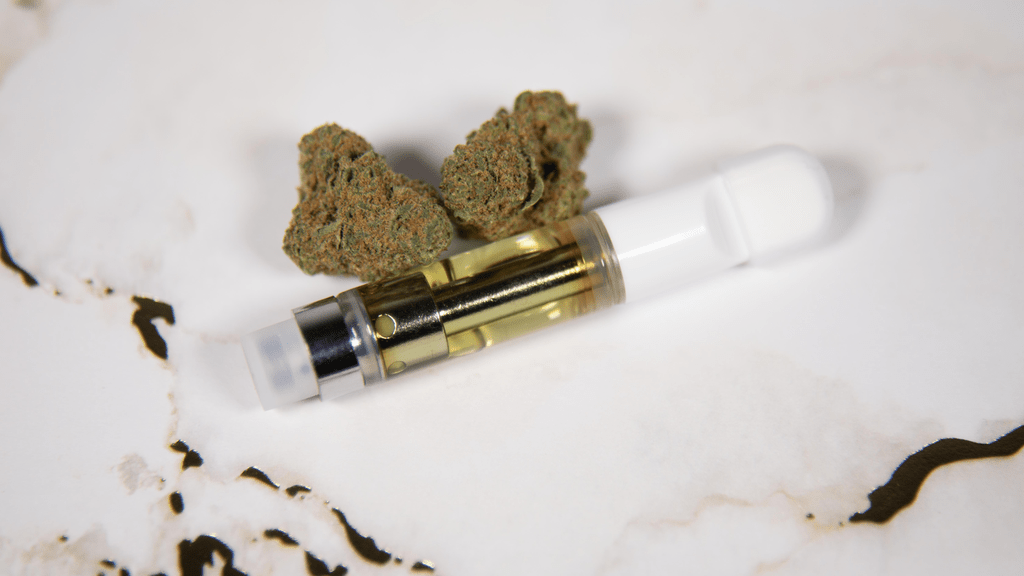Former President Donald Trump’s position on cannabis has undergone significant evolution over the years, reflecting broader shifts in public opinion and political strategy. Initially adopting a conservative approach, Trump has increasingly signaled support for federal reforms, including the rescheduling of cannabis and enhancing banking access for the industry.
Early Position on Cannabis
During his 2016 presidential campaign, Trump expressed a states’ rights perspective, suggesting that individual states should determine their cannabis policies. However, his administration’s actions often contradicted this stance. In 2018, then-Attorney General Jeff Sessions rescinded the Cole Memorandum, an Obama-era directive that had adopted a policy of non-interference with states that have legalized recreational marijuana. This move signaled a potential crackdown on state-legal cannabis activities, creating uncertainty within the industry.
Shift Toward Rescheduling and Legalization
By 2024, Trump’s position had notably shifted. In September of that year, he publicly endorsed the rescheduling of cannabis from Schedule I to Schedule III under the Controlled Substances Act. This reclassification would acknowledge the medical benefits of cannabis and reduce federal restrictions on research and banking. On his social media platform, Truth Social, Trump stated:
“As President, we will continue to focus on research to unlock the medical uses of marijuana to a Schedule 3 drug, and work with Congress to pass common sense laws, including safe banking for state authorized companies, and supporting states rights to pass marijuana laws, like in Florida, that work so well for their citizens.”
This endorsement marked a significant departure from his earlier ambiguity and aligned him more closely with bipartisan efforts to reform federal cannabis policies.
Support for State-Level Legalization
Trump’s advocacy extended to state initiatives as well. In September 2024, he expressed support for Florida’s Amendment 3, a ballot measure aimed at legalizing recreational cannabis use for adults. This position contrasted with that of Florida Governor Ron DeSantis, who opposed the amendment. Trump’s support was seen as a strategic move to align with public sentiment, as a significant majority of Floridians favored legalization. He remarked that legalizing marijuana could prevent needless arrests and supported reclassifying marijuana under federal law to facilitate medical research and banking reforms for cannabis businesses.
Impact on the Cannabis Industry
Trump’s evolving stance has had tangible effects on the cannabis industry. Following his announcements, cannabis stocks experienced notable gains. For instance, major cannabis ETFs and individual stocks such as Trulieve Cannabis Corp. and Curaleaf Holdings Inc. saw significant increases. This market response indicated investor optimism about potential federal reforms and the expansion of the legal cannabis market.
Future Outlook
As of January 2025, with Trump re-elected to the presidency, the cannabis industry is poised for potential federal policy changes. The U.S. Cannabis Roundtable, a coalition of major cannabis companies, has formed to advocate for federal reforms, including rescheduling cannabis and advancing the SAFER Banking measure. Industry leaders are optimistic, citing Trump’s prior support for cannabis and backing from influential figures. However, the appointment of key administration officials, such as Pam Bondi and Marty Makary, known opponents to cannabis reform, introduces uncertainty regarding the administration’s approach to cannabis policy.
Conclusion
Donald Trump’s stance on cannabis has transitioned from cautious conservatism to a more progressive approach, reflecting changing public attitudes and political considerations. His support for rescheduling and state-level legalization initiatives suggests a potential shift in federal cannabis policy during his second term. However, the ultimate direction of these policies will depend on the interplay between the administration’s priorities, congressional action, and advocacy efforts within the industry.

